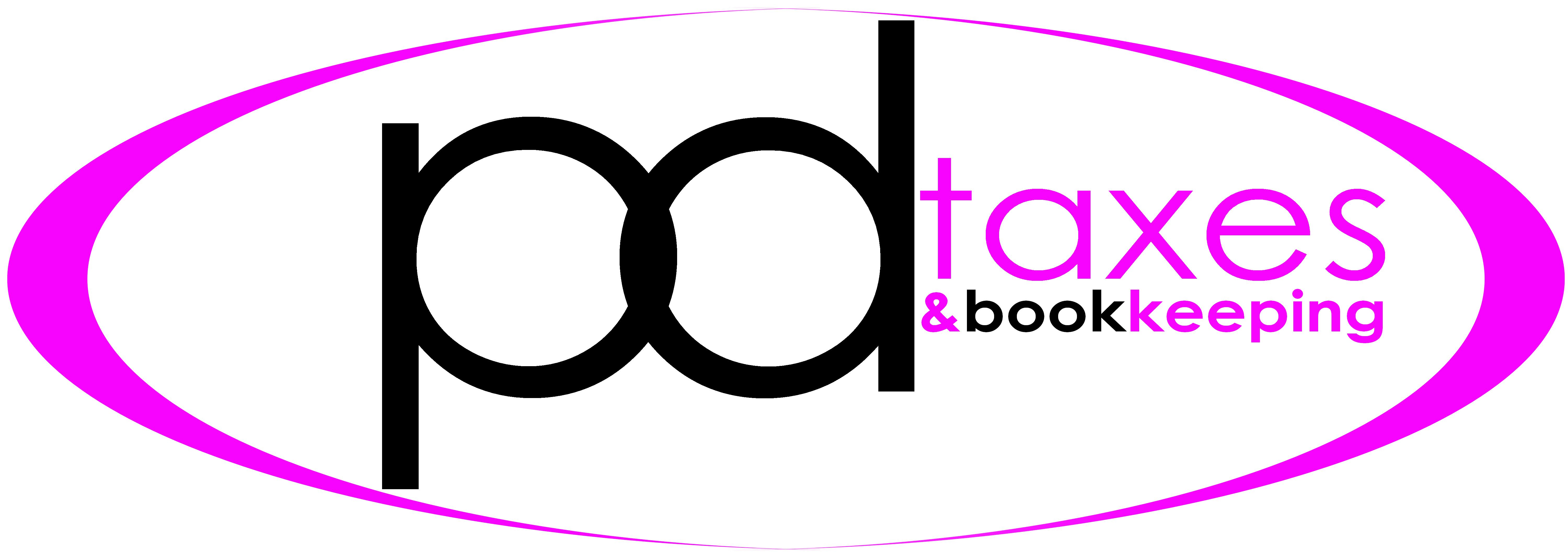TAX CREDITS AND DEDUCTIONS
Every year, billions of dollars are paid out in refunds for taxpayers who qualify for certain tax credits.
Tax credits can be refundable and can reduce your tax liability dollar for dollar.
For example, your tax bill is $3,000. If you qualified for $4,000 in tax credits then your tax bill would be $0. If the credits you qualified for are refundable, then you would get a $1,000 refund.
On the other hand, deductions typically reduce your tax bill by multiplying your deductions by your tax rate.
For example, your deductions are $4,000. If your tax rate is 10%, then your tax bill will be reduced by $400 ($4,000 x 10%). Therefore, if you owe $3,000 then your bill be reduced $400 to $2,600 ($3,000 – $400).
See if you qualify for any of the credits or deductions below. A member of our team will be more than happy to explain the tax rules and prepare your taxes to get you the biggest refund.
To setup an appointment, click here.
EARNED INCOME TAX CREDIT QUALIFICATIONS
For Tax Year 2018, you must meet the following:
Your Adjusted Gross Income and Earned Income* MUST be less than:
- $50,162 ($55,952 married filing jointly) with three or more qualifying children
- $46,703 ($52,493 married filing jointly) with two qualifying children
- $41,094 ($46,884 married filing jointly) with one qualifying child
- $15,570 ($21,370 married filing jointly) with no qualifying children
YourMaximum Credit is:
- $6,557 with three or more qualifying children
- $5,828 with two qualifying children
- $3,526 with one qualifying child
- $529 with no qualifying children
*Income that is NOT Earned Income:
- Pay received for work while an inmate in a penal institution
- Interest and dividends
- Retirement income
- Social security
- Unemployment benefits
- Alimony
- Child support
To setup an appointment, click here.
CHILD TAX CREDIT
You may qualify for up to an additional $2,000 in tax credits for each child you are claiming.
However, there are certain qualifications you must meet:
- Your qualified child must be age 16 or younger.
- Child must be related to you as follows: your child, sibling or sibling’s child, step-sibling or step-sibling’s child, foster or adopted, or grandchild.
- You must have provided at least 50% of child’s support.
- Child must have lived with you for at least six months during tax year.
- Income limits will reduce tax credit.
To setup an appointment, click here.
CHILD AND DEPENDENT CARE TAX CREDIT
NINE THINGS TO KNOW ABOUT CHILD AND DEPENDENT CARE CREDIT
You may qualify for additional tax credits for care provided for your child, spouse, or other dependent.
See if you qualify after reading the following nine must haves:
- Your child must be 12 and younger.
- Your spouse or other dependent must be disabled (mentally or physically) and unable to self-care.
- Care must be provided so you could work or look for work.
- You must have earned income from wages or self-employment.
- You must claim your dependent on your return.
- The qualifying must have lived with you for at least six months during the tax year.
- Payments usually must not be paid to family members.
- If you excluded from your income dependent care benefits received from your employer, you must reduce the credit by the benefits received.
- If you paid a caretaker to work in your home, you may have to pay and withhold FICA taxes.
To setup an appointment, click here.
TUITION CREDITS AND DEDUCTIONS
WHAT YOU NEED TO KNOW ABOUT YOUR COLLEGE TUITION TAX IMPACT
TUITION CREDITS
You may be eligible for a tuition credit of up to $2,500 if you paid for qualified college expenses during the year. Even if you paid by student loan, you may qualify for the credit.
You can even qualify for a $1,000 refund if you don’t owe any taxes.
TUITION DEDUCTIONS
You may be eligible for a $4,000 tuition deduction if you attended and paid for college.
Speak to one of our agents to determine if your college tuition qualifies for a credit or deduction.
To setup an appointment, click here.
